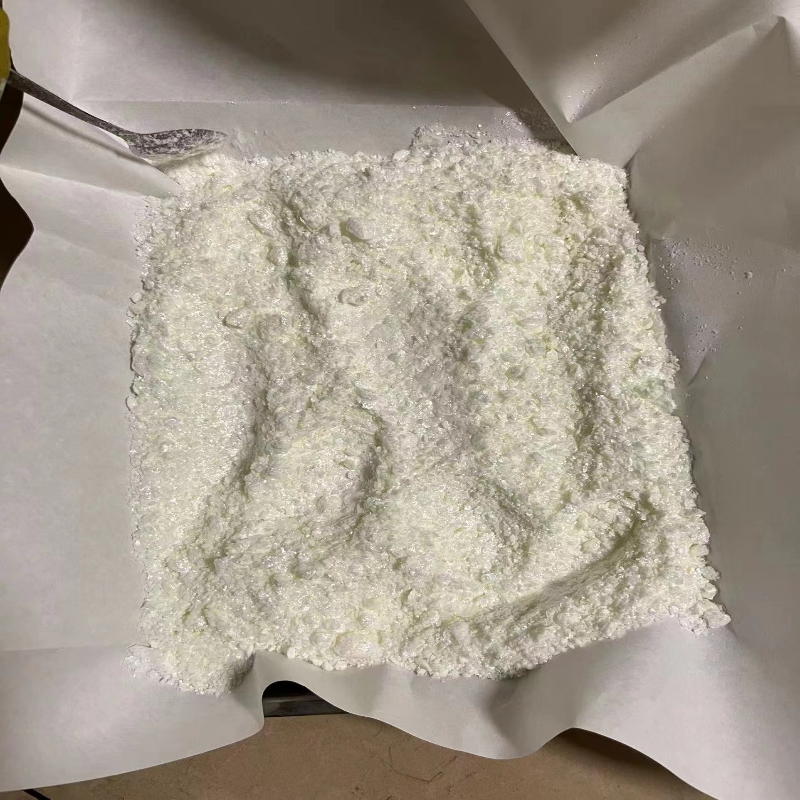-
Categories
-
Pharmaceutical Intermediates
-
Active Pharmaceutical Ingredients
-
Food Additives
- Industrial Coatings
- Agrochemicals
- Dyes and Pigments
- Surfactant
- Flavors and Fragrances
- Chemical Reagents
- Catalyst and Auxiliary
- Natural Products
- Inorganic Chemistry
-
Organic Chemistry
-
Biochemical Engineering
- Analytical Chemistry
-
Cosmetic Ingredient
- Water Treatment Chemical
-
Pharmaceutical Intermediates
Promotion
ECHEMI Mall
Wholesale
Weekly Price
Exhibition
News
-
Trade Service
● The massive winter storm that hit Texas in February caused widespread damage to water and power infrastructure, and also shut down refineries in the state
.
● Automakers may now have to halt or slow production in March until alternatives are found due to reduced production of propylene oxide, a by-product of refining, and a corresponding reduction in the production of polyurethane foam needed to make car and truck seats due to refinery closures supply channels
.
● An unnamed auto industry executive said this would be a bigger problem than the chip shortage the industry is already facing
.
A power grid shutdown in the U.
S.
state of Texas became a hot spot last month, troubling residents of the state, but could now also affect new vehicle production
.
With refineries in the state having to shut down, that means production of refinery by-products that end up in seats, particularly propylene oxide, which is needed for polyurethane foam, has also been temporarily halted
.
"Everyone is scrambling, the car seat foam problem is bigger than the chip shortage, and it's closer to us," said an auto industry executive who asked not to be named
.
GM, Stelantis, Toyota, BMW, Hyundai and Kia have all said they are monitoring the situation, but have not announced any production shutdowns
.
The devastating winter storm that hit Texas in mid-February was caused by a stream of colder Arctic air moving farther south than usual
.
The bubble shortage isn't the only supply chain issue automakers have faced lately
.
Late last year, the industry failed to procure enough chips for new vehicles, forcing at least eight automakers in North America and around the world to adjust production plans at their manufacturing plants
.
The shortage is due to the closure of auto factories in early 2020 when the coronavirus started to spread globally
.
At the time, automakers lowered their orders for more chips, believing they would not need them if the virus drastically reduced demand for new cars
.
But demand rebounded faster than expected, and automakers soon learned that chip suppliers had already committed their products to companies that make consumer electronics at the time
.







